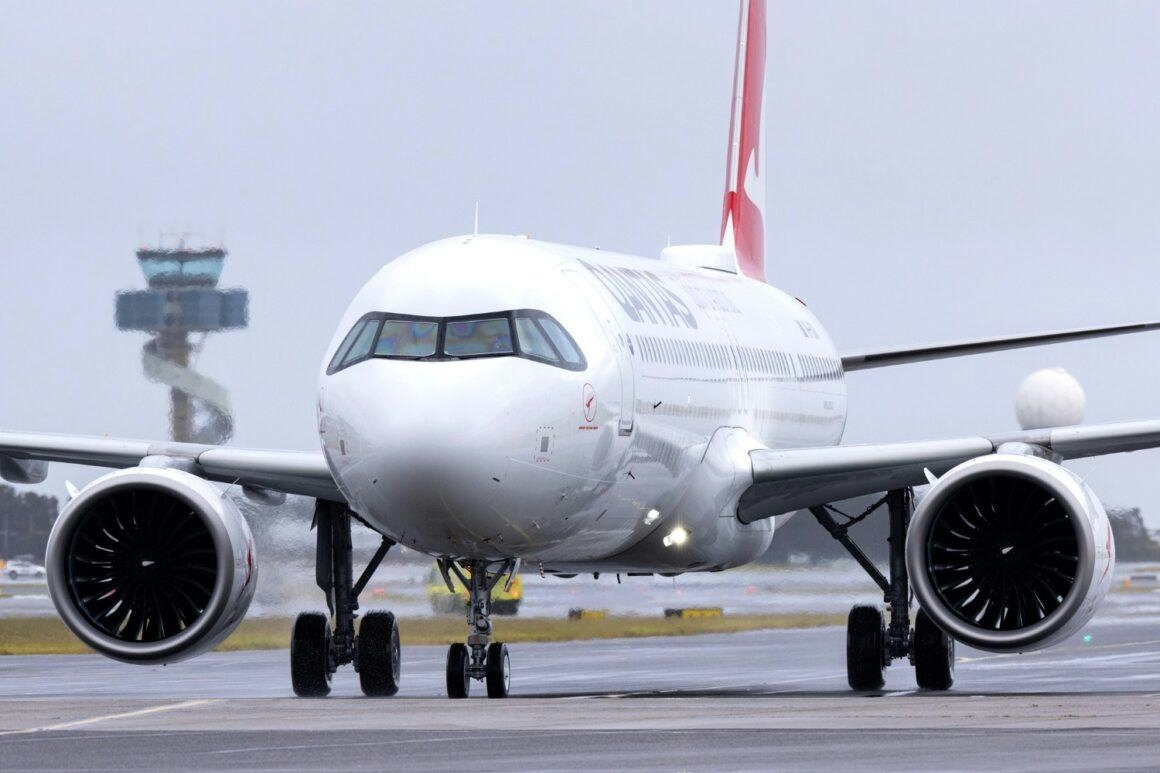AeroGenie — Ihr intelligenter Copilot.
Trends
Categories
Airbus A320 Poised to Surpass Boeing 737 in Total Deliveries

Airbus A320 Set to Surpass Boeing 737 in Total Deliveries
Airbus SE’s A320 family is on the cusp of overtaking Boeing Co.’s 737 series in total deliveries, marking a significant turning point in the commercial aviation sector. According to data from aviation consultancy Cirium, as of mid-August 2025, Airbus has delivered 12,155 A320 aircraft, just 20 units short of Boeing’s 12,175 737s. This milestone, anticipated within weeks, underscores Airbus’s steady production growth alongside Boeing’s recent operational challenges, signaling a reshaping of the global narrowbody aircraft market.
A Longstanding Rivalry Approaches a New Chapter
The competition between the Airbus A320 and Boeing 737 dates back to the early 1980s, when Airbus introduced the A320 in 1984 as a direct competitor to Boeing’s established single-aisle aircraft. The A320 distinguished itself with technological innovations such as fly-by-wire controls and fuel-efficient designs, appealing to airlines focused on reducing operational costs. The evolution of the A320 family, particularly the A320neo variant equipped with advanced CFM International engines, has further enhanced its appeal by delivering up to 20% lower fuel consumption compared to earlier models.
Boeing’s 737, which has been in service since 1968, has undergone several generational updates, including the Classic, Next Generation, and the more recent MAX series. However, the 737 MAX faced significant setbacks following two fatal crashes that led to its grounding between 2018 and 2019. These incidents, coupled with ongoing production delays and regulatory hurdles, have impeded Boeing’s delivery pace. Despite having amassed 17,037 orders for the 737 as of July 2025, Boeing has struggled to meet demand due to these challenges.
Production Dynamics and Market Pressures
Airbus’s ability to maintain a consistent production rate, with plans to reach 75 A320 aircraft per month by 2026, has enabled it to steadily narrow the delivery gap since surpassing Boeing in orders in 2019. Nevertheless, Airbus faces its own obstacles, notably an engine supply shortage that could affect future delivery schedules. Meanwhile, Boeing, despite delivery difficulties, reported its strongest revenue performance in six years, reflecting the ongoing competitiveness of the market.
Industry analysts attribute Boeing’s recent production issues to a combination of supply-chain disruptions, pandemic-related delays, and quality-control concerns, which have limited 737 MAX output to approximately 30 aircraft per month. Additional pressures from tariffs on steel and aluminum have further complicated Boeing’s recovery efforts. In contrast, Airbus has benefited from a more diversified supplier network and investments in automation technologies, sustaining a robust backlog exceeding 8,000 A320-family orders. This demand is largely driven by low-cost carriers in Asia and Europe, who prioritize fuel efficiency and operational reliability.
Both manufacturers are adjusting their strategies in response to shifting market conditions. Airbus is preparing to increase production rates for its A330 widebody aircraft, while Boeing aims to stabilize its operations and boost 737 production to 50 units per month by 2026. Supplier relationships are also evolving, with companies like Spirit AeroSystems reporting financial losses linked to asset transfers to Airbus, highlighting the broader industry realignments underway.
Impact on Airlines and Industry Outlook
The imminent delivery milestone carries significant implications beyond symbolism, reflecting evolving airline preferences amid rising fuel prices and tightening environmental regulations. The A320neo’s superior fuel efficiency has driven substantial orders, exemplified by IndiGo’s 500-aircraft agreement in 2023, which surpasses Boeing’s recent commitments. The A320 family now operates in a greater number of fleets worldwide, consolidating Airbus’s leadership in the narrowbody segment.
Looking forward, Boeing seeks to regain momentum through new leadership and regulatory approvals, but Airbus’s lead may continue to expand, particularly with the introduction of the A321XLR, which offers extended range capabilities for longer routes. As both manufacturers confront supply challenges and adapt to changing market demands, the longstanding rivalry that has shaped commercial aviation is entering a new and critical phase.

Emirates Unveils Cabin Design for New Boeing 777X

Eighteen Years On, the Airbus A380 Remains Central to a $34 Billion Airline

How a boom in luxury airline seats is slowing down jet deliveries

Navitaire Outage Attributed to Planned Maintenance

DigiYatra Debuts Outside Aviation at India AI Impact Summit

Vietnam Orders Strengthen Boeing’s Commercial Outlook

Airbus Signals Uncertainty Over Future A400M Orders

JobsOhio Awards $2 Million Grant to Hartzell Propeller for Innovation Center

Collins Aerospace Tests Sidekick Autonomy Software on YFQ-42A for U.S. Air Force CCA Program

How the Airbus A350-1000 Compares to the Boeing 777
